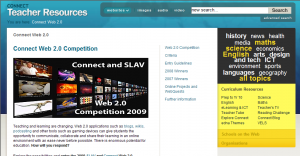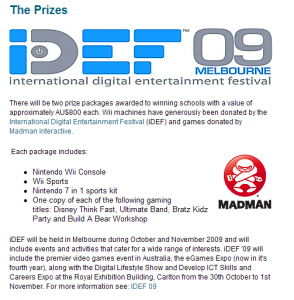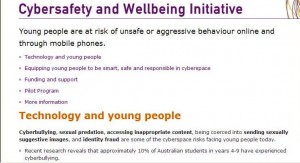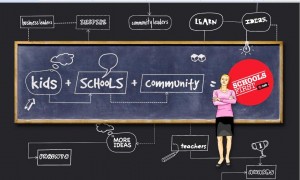The Keynote speaker at this recent conference, Gerry Mckiernan, focussed on the Pew Report.
Pew Report :The Future of the Internet III The World in 2020: The Mobile Device Will Be The Primary Connection Tool To The Internet.
Overview
A survey of internet leaders, activists and analysts shows they expect major tech advances as the phone becomes a primary device for online access, voice-recognition improves, artificial and virtual reality become more embedded in everyday life, and the architecture of the internet itself improves.
Here are the key findings on the survey of experts by the Pew Internet & American Life Project that asked respondents to assess predictions about technology and its roles in the year 2020:-The mobile device will be the primary connection tool to the internet for most people in the world in 2020.
-The transparency of people and organizations will increase, but that will not necessarily yield more personal integrity, social tolerance, or forgiveness.
-Voice recognition and touch user-interfaces with the Internet will be more prevalent and accepted by 2020.
-Those working to enforce intellectual property law and copyright protection will remain in a continuing arms race, with the crackers who will find ways to copy and share content without payment.
-The divisions between personal time and work time and between physical and virtual reality will be further erased for everyone who is connected, and the results will be mixed in their impact on basic social relations.
-Next-generation engineering of the network to improve the current Internet architecture is more likely than an effort to rebuild the architecture from scratch.
Links to more predictions about the evolution of mobile communications and the full text Of the Pew Report is available here.
Gerry’s Powerpoint slides for the session are available here and audio recording of the session here.
The section on the divisions of personal time and work time eroding is already happening in a big way for many people in our profession.
Thanks to Betty Braaksma for the information.





